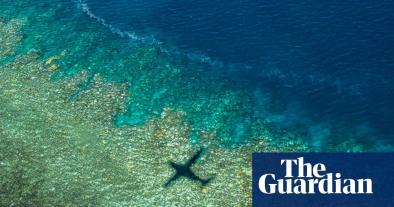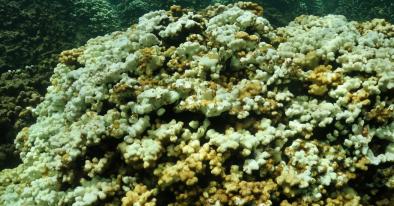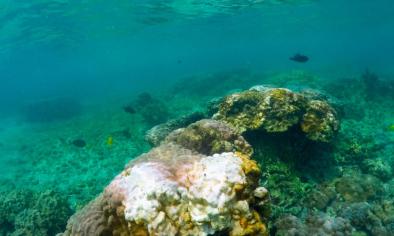Science Source
Status of Coral Reefs of the World 2020
Report key findings & significance
- Large scale coral bleaching events are the greatest disturbance to the world’s coral reefs. The 1998 event alone killed 8% of the world’s coral.
- Subsequent disturbance events, occurring between 2009 and 2018, killed 14% of the world’s coral.
- There was 20% more algae on the world’s coral reefs in 2019 than in 2010. Increases in the amount of algae, a globally recognised indicator of stress on coral reefs, were associated with declines in the amount of hard coral.
- Declines in global coral cover were associated with periods of either rapid increase in sea surface temperature (SST) anomaly or sustained high SST anomaly.
- Since 2010, almost all regions exhibited a decline in average coral cover. Projections of increased SSTs in the future suggest coral reefs will experience further declines in the coming decades.
- Increases in global average coral cover between 2002 and 2009, and in 2019, suggest that many of the world’s coral reefs remain resilient and can recover if conditions permit.
- High coral cover and diversity may confer a degree of natural resistance to elevated SSTs. Coral reefs in the East Asian Seas region, which includes the Coral Triangle and 30% of the world’s coral reefs have, on average, more coral in 2019 than they did in 1983, despite being affected by large scale coral bleaching events during the last decade.
- Reducing local pressures on coral reefs in order to maintain their resilience will be critical while global threats posed by climate change are addressed.
- Monitoring data collected in the field are essential to understand the status of, and trends in, coral reef condition. Ongoing investment in the development of methodological approaches, new technologies, capability and capacity that expands geographic coverage and enhances the quality, accessibility and interoperability of data is essential.
Quotes
“All the drama started in 1998. Corals are actually pretty good at sustaining short, sharp temperature increases, but when it starts to last months, we see real issues.”
David Souter, coordinator of the Global Coral Reef Monitoring Network and a researcher at the Australian Institute of Marine Science in Townsville
Related Content
Headline

Mar 23, 2020 | The Guardian
Great Barrier Reef watchers anxiously await evidence of coral bleaching from aerial surveys
Headline

Oct 21, 2019 | The New York Times
A New Marine Heat Wave Threatens Hawaii’s Reefs
Headline

Sep 24, 2019 | Washington Post
Hawaii coral show signs of stress amid record-setting heat
Science Source
| Frontiers in Marine Science
Severe Continental-Scale Impacts of Climate Change Are Happening Now: Extreme Climate Events Impact Marine Habitat Forming Communities Along 45% of Australia’s Coast
Babcock, Russell C., Bustamante et al


